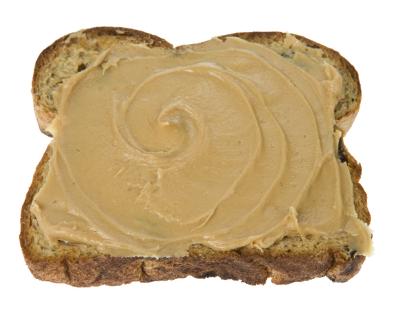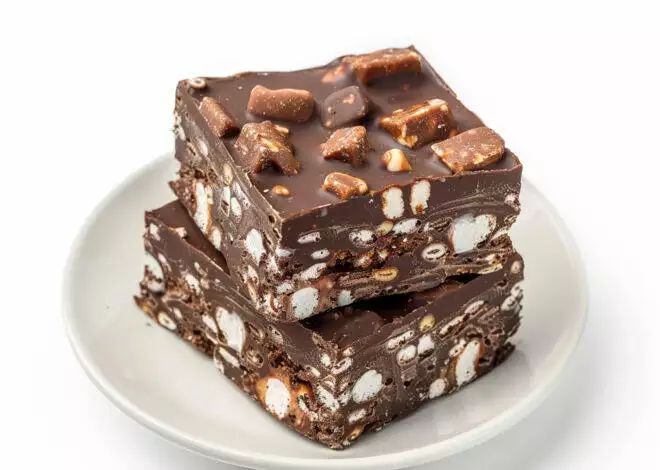As your baby grows into a toddler, you’ll want to start feeding him a wider variety of foods. Once he reaches age 1, formerly off-limits foods such as honey and cow’s milk are okay to give him. You should still avoid giving him small or hard foods, as his throat is still narrow enough that he can choke on those foods.
Whole Grapes
Whole grapes, along with cherry tomatoes and other round, slippery fruits, pose a choking hazard for toddlers under age 3. If you plan on giving your child a grape or other slippery fruit, try smashing or pureeing it or slicing it into thin rounds before feeding it to him.
Nuts and Popcorn
Although your toddler should have all or most of his baby teeth by age 3, nuts and popcorn can be tricky for him to chew effectively, presenting yet another choking hazard. You should also avoid giving him other hard-to-chew foods, such as dried fruits. Raisins in particular can stick together as your toddler tries to eat them and get lodged in his throat.
Candy
Candy isn’t a very healthy choice for a toddler’s snack, as it gives him extra, worthless calories and leads to tooth decay. Sticky candies, such as jelly beans and marshmallows, are also easy to choke on, and slippery candies, such as hard candies, can slide into your toddler’s throat and get stuck there.
Peanut Butter
While you may worry that your toddler has a peanut allergy, the primary reason you should avoid giving her peanut butter is that it’s so sticky. A glob of peanut butter can stick to your toddler’s throat and block her airway. If you really want to give peanut butter to her, Baby Center recommends spreading it thinly on a cracker or thinning it with applesauce first.
Raw Vegetables
Always cook vegetables before feeding them to your toddler and cut them into pea-size pieces so that he can’t choke on them. Raw vegetables are too hard for your toddler and his new baby teeth to chew on.
Low-Fat Cow’s Milk
If you decide to start giving your toddler cow’s milk, make sure it’s whole milk, according to Medline Plus. Low-fat milk simply doesn’t have the right amount of fat that your toddler needs to grow properly.





